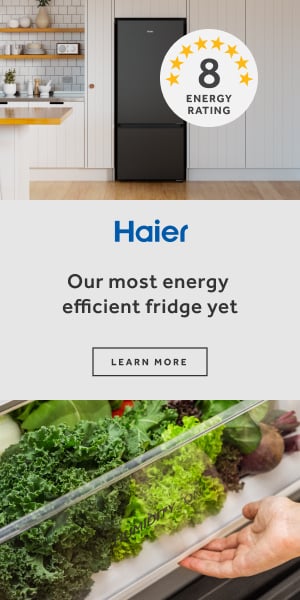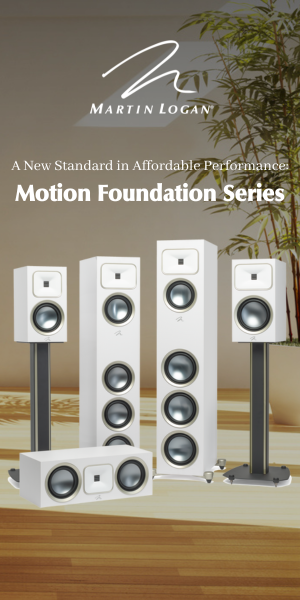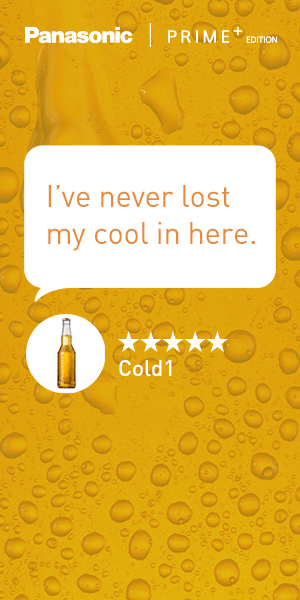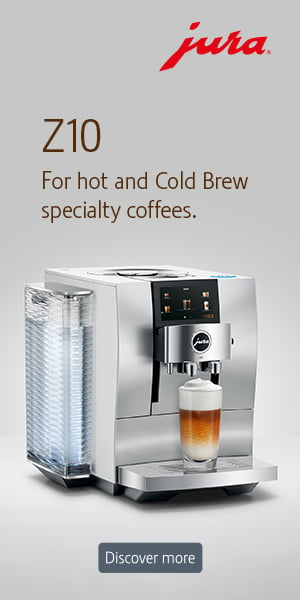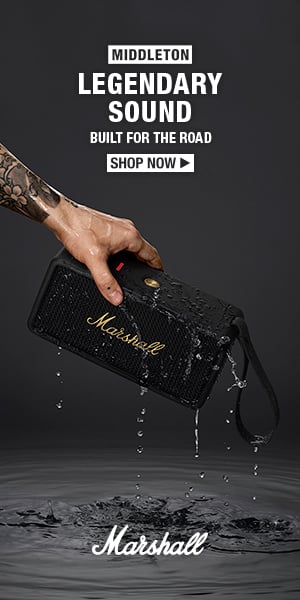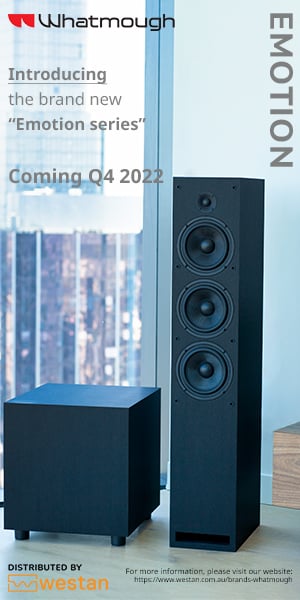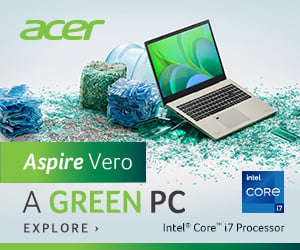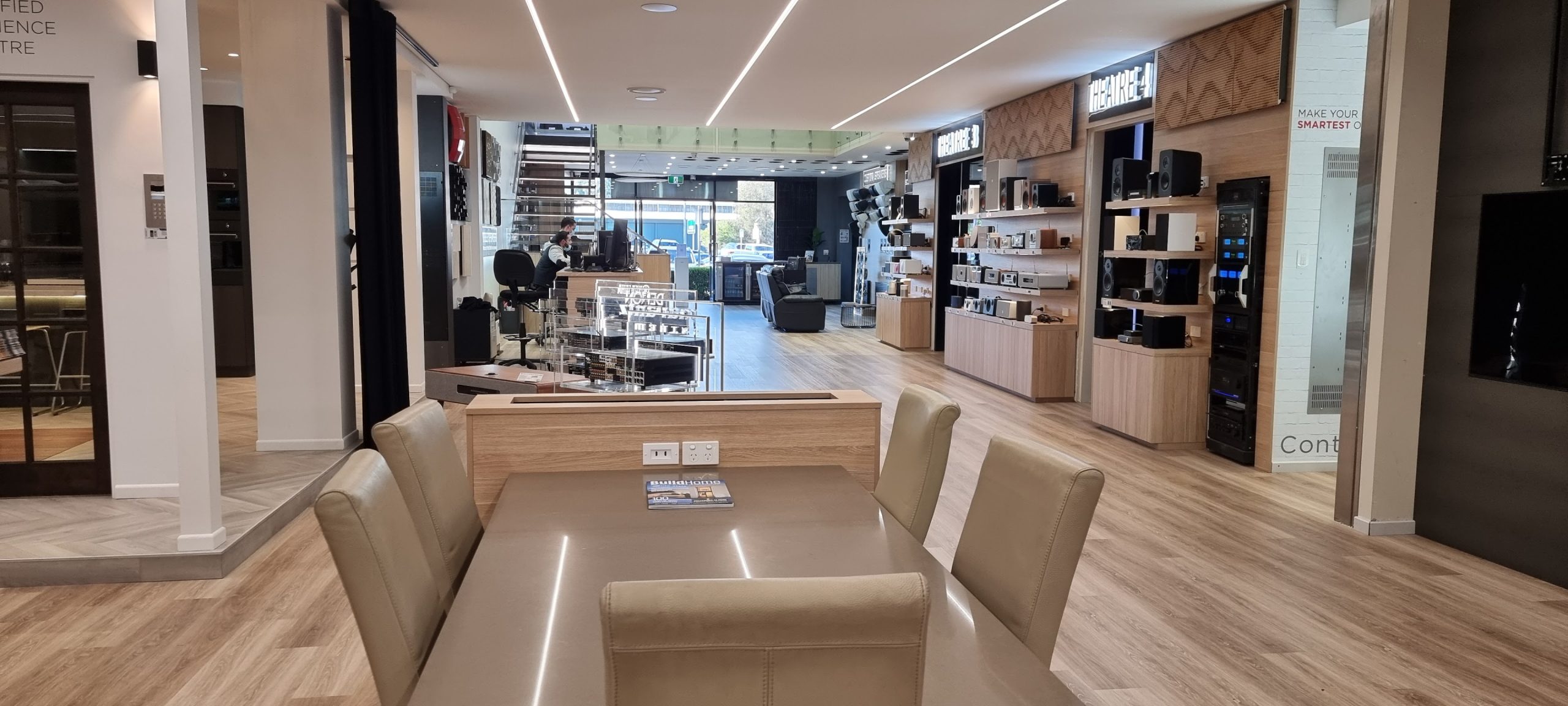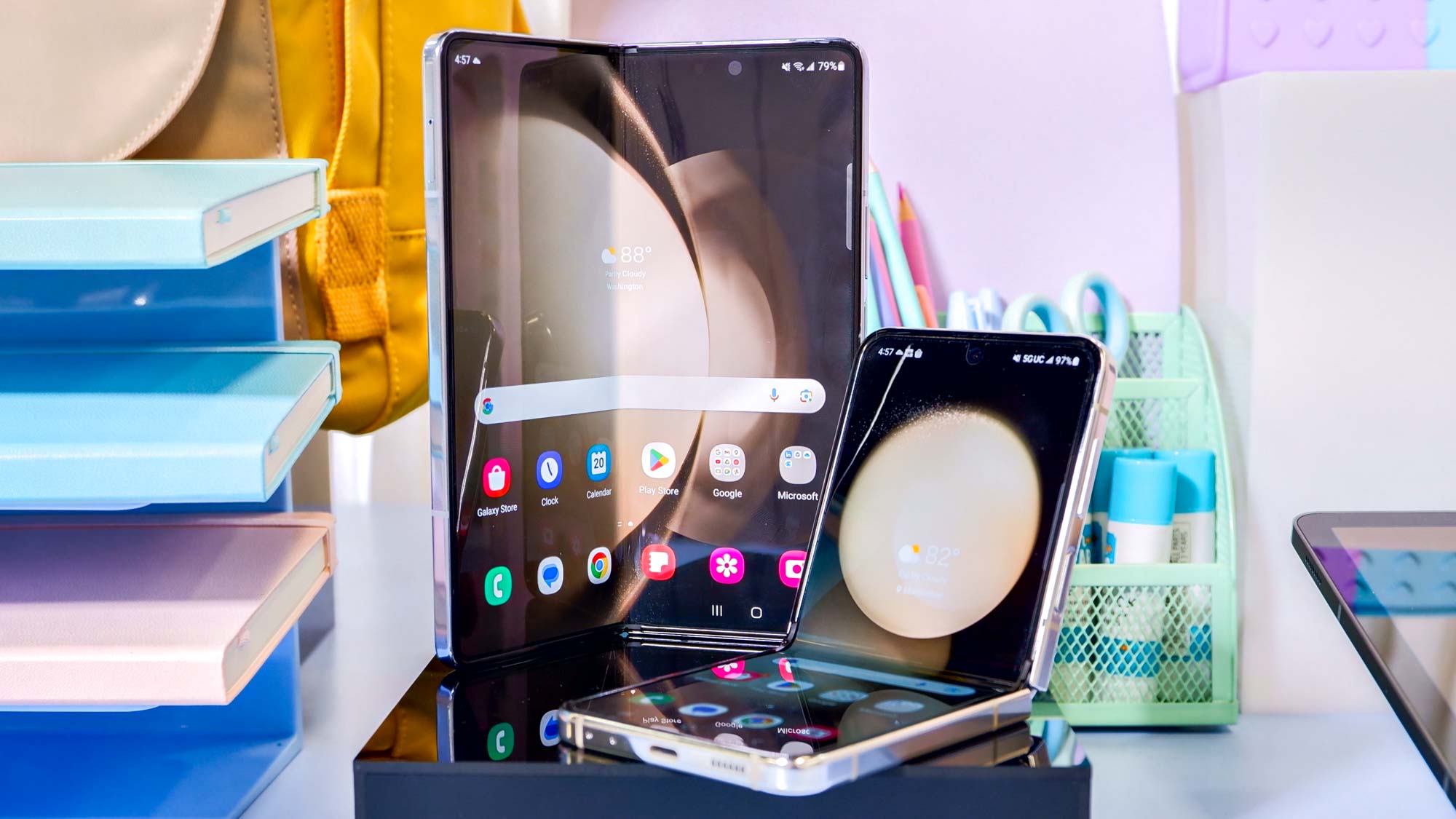
The popular Kobo, which accounts for 25-30% of eReader market globally, recently unveiled the Aura HD ereader – the high end HD eReader designed for bookworms.
The breakthrough device is the fastest, highest resolution E-Ink screen eReader ever produced, is for “premium readers who use one book per week,” says Malcolm Neil, Director Content Acquisition and Publisher Relations APAC.
“We asked bookworms what they wanted…HD size translates into a bigger screen. E-Ink eReaders are helping bring across die hard paperback fans who love the old fashioned book.”
The conversion rate is “quite rapid” he says as ebook reading has now entered the mainstream, says Neil in an interview with Smarthouse.
You only need to hop on any train or bus in Australia to see that for yourself, whether its Kobo, Kindle or other ereader.
There are 13 million readers on the Kobo ebook platform to date. Kobo is owned by Rakuten, “the Japanese version of Amazon” and the country’s largest eCommerce operator.
Tabs V eReader But are the ever popular tablets with inbuilt ereaders gobbling up demand for the traditional device?
“We sold three times as many Kobo ereaders in Australia than any other quarter” in Q4 2012, he says.
In fact, some hard core readers are ditching their tablet for an eReader.
“36% of of our premium users are also tablet owners…but 14% of these are going back to ereaders.”
Tablets like the iPad are proving to be a major distraction for avid readers, with Facebook notifications, emails and other pop ups getting in the way of a good old fashioned, uninterrupted read.
Kobo’s Arc also caters for both being an eReader and fully fledged tablet.
In general, eReaders are more a girl thing whilst boys who prefer the tablet. In fact, the electronic books are feeding female desire for romance and fiction, as women are now reading 10% more ebooks than hard copies.
Women “read a lot” says Neil, and around 65% of the digital book market is female.
The Australian ebook market is less developed than the US, however.
50% of bestsellers sold are digital books, compared to around 25% here in Australia, as reflected by big publishers like Simon and Schuster who recently said 18% of their book sales are digital.
People read fiction and romance on eformat most commonly. Childrens books have lagged behind ebooks, however, tablets are driving this category.
Sales of ebooks in Oz are worth $100-$200m, says the Kobo exec, figures which have caused much confusion and mystery, as Amazon, Apple and Kobo make up 95% of the market never release sales figures.
The total book market was worth $1.1bn in 2011.
Recent PWC estimates, which valued the ebook market at just $18 million are “wrong” and come from old government figures.
By 2014, the market could be worth $300-$350 million and “this may increase even further as tablets become affordable ” says Neil.
However some book categories may soon disappear, including cookbooks as people go online to get recipes more, and travel as people are using Trip Advisor over Lonely Planet and Co.
Us V Them
And are Kobo worried local retailer JB Hi Fi have entered the e-book market? “Our main competition is Amazon and Apple and the Kobo exec says he’s not overly concerned.
“Any expansion of the market is a good thing.”
“We’ve been here longer than anyone… JB has never done books” and Neil is sceptical of the move, adding it is “perhaps part of a major [content] play into a wider market to compete against Amazon” who have books, music and movies all on digital.
“We have good relationship with [JB Hi-Fi]” which sells Kobo devices, but says he “doesn’t know how it will affect our business.”
“We’ve got content, relationships and devices” – unlike Amazon who are disliked by many in the industry for its cut throat pricing, driving traditional books sellers out the market.
One Sydney book seller Pages and Pages even has a boycott Kindle Day, such is the disdain for what it is doing to the traditional layers of the industry.
“We don’t dictate where you should buy the ebooks, and support ePub, the industry standard digital format” he says, while Amazon has a ‘garden wall’ around its ecosystem.
“The choice is us or Amazon.”
Kobo has invested heavily in print and TV ads.”There is a lot of money behind the marketing push,” says Neil.
In terms of other rivals, retail Dymocks is “not really in the game” and are aligned to Google.
So where can eReader go in the future?
“Technology doesn’t stand still,” he says, alluding to new technologies text to speech, E-Ink colour, meaning books will no longer be in black and white.
“Digital has so much possibility capacity for video, audio and animation. The concept of digital books will also change radically …and eReaders will morph with them. ”
Kobo also partners with Collins bookstore and Bookworld and used to be in Borders before it went bust, pointing to one of the major drawbacks as digital market expands expansion – the demise of the traditional bookstore.
Even the Kobo exec admits “the bookstore is still a nice place to be in.”
|
Error, group does not exist! Check your syntax! (ID: 5)

Popular Posts
Digital Magazines
Categories
- Appointment & Jobs496
- Automation471
- Communication2939
- Display1259
- Hardware2090
- Industry7485
- Latest News31879
- Networking984
- Sound1721
Recent Post
Arlo has released its new Essential FHD Outdoor Camera 2nd Gen, which is exclusively available at Officeworks for a limited... Read More












